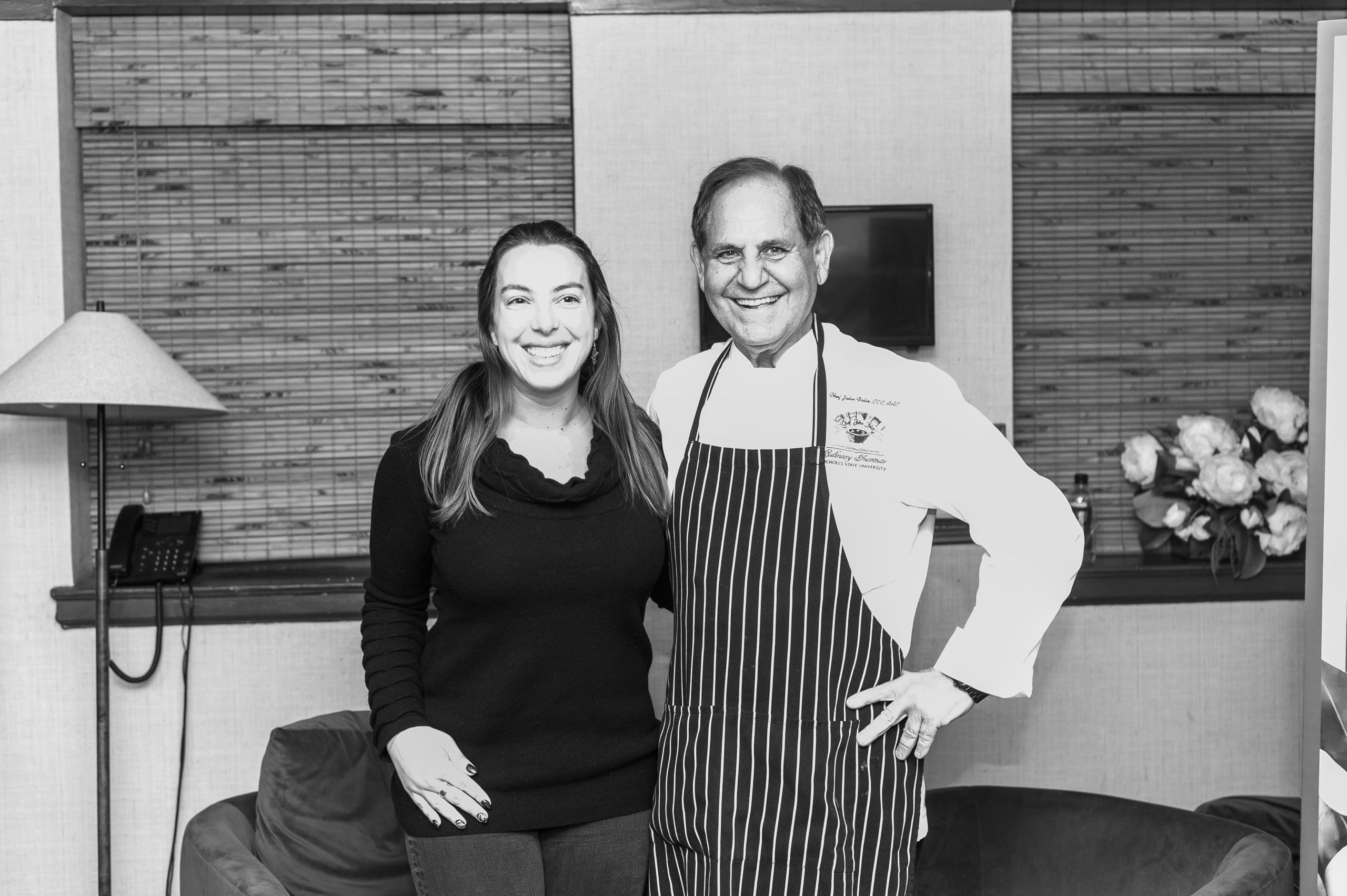In the rich, complex landscape of American cuisine, few voices resonate as powerfully as Chef John Folse’s. More than a chef, he is a culinary historian, a storyteller, and an unexpected diplomat who has transformed our understanding of Louisiana’s gastronomic heritage.
From the swampy depths of Louisiana to the high-stakes diplomatic tables of the Reagan-Gorbachev summit, Folse has carried with him a profound narrative of cultural fusion, passion, and the transformative power of food. His journey is not just about cooking; it’s about how a pot of gumbo can bridge nations, preserve traditions, and tell the story of a people who have always understood that true cuisine is about more than ingredients, it’s about connection.
“Louisiana cuisine is a living, breathing cultural narrative born from a miraculous fusion of seven nations – French, Spanish, Germans, Italians, Africans, English, and Native Americans.”
How would you describe the soul of Louisiana cuisine?
Louisiana cuisine is a living, breathing cultural narrative born from a miraculous fusion of seven nations – French, Spanish, Germans, Italians, Africans, English, and Native Americans. It’s more than food; it’s a passionate story of cultural exchange that couldn’t have happened anywhere else in the world.
Can you elaborate on these cultural influences?
Each nation brought something unique. The Native Americans taught us survival skills from the swamp floor pantry. The French brought sophisticated cooking techniques, the Africans introduced complex flavor profiles, and the Italians provided what I consider the “glue” that held everything together. It was a spontaneous coming together of cultures, almost like a divine gift, happening at precisely the right moment in history.
“Imagine being a chef from the Louisiana swamps, suddenly responsible for a meal that could potentially prevent war. I was the sole representative, carrying the weight of our culinary tradition into an international arena. When I arrived in France, I was told that food might be the key to preventing global conflict.”
Tell us about your most extraordinary culinary diplomatic experience.
My most remarkable moment came during the Reagan-Gorbachev summit – a top-secret meeting that would change my life forever. I was chosen to prepare a meal for two world leaders on the brink of potential conflict, representing Louisiana cuisine on a global diplomatic stage.
Imagine being a chef from the Louisiana swamps, suddenly responsible for a meal that could potentially prevent war. I was the sole representative, carrying the weight of our culinary tradition into an international arena. When I arrived in France, I was told that food might be the key to preventing global conflict.
How did this diplomatic culinary moment impact your understanding of food?
It was transformative. After the summit, international media began investigating how a Louisiana chef ended up feeding two of the world’s most powerful leaders. The New York Times and other publications were chasing the story, trying to understand the significance of this culinary diplomacy.
I kept asking myself, “How did this happen? Why was I chosen?” Out of all the great chefs in the world, they selected me. It wasn’t about talent, but about being in the right place at the right time. This moment opened the world to Louisiana cuisine and demonstrated that food is a universal language of understanding.
What makes Louisiana cuisine unique on the global stage?
People often misunderstand Louisiana food as just “hot and spicy.” But it’s so much more. It’s about the intricate blend of cultures, the respect for ingredients, and the passion for sharing our culinary heritage. When I sat with Reagan and Gorbachev, I realized our cuisine is a powerful tool for communication – each dish tells a story of cultural fusion.
How do you incorporate the spirit of cultural exchange into your cooking?
Sustainability and cultural respect are at the heart of Louisiana cuisine. We’ve always known our swamplands are our pantry. We hunt, we fish, we use every part of an ingredient. Our ancestors learned to survive by understanding the land – from smoking meats to using swamp ingredients for both food and medicine.
What dish represents the essence of Louisiana?
Gumbo, without question. Gumbo is a living history of our cultural identity. A simple pot of soup that can open up an entire world of culinary understanding. Each ingredient tells a story of the cultures that came together to create Louisiana.
“When I reflect on my journey…I’m reminded that food is more than sustenance. It’s a bridge between cultures, a way to understand one another, and ultimately, a path to peace.”
Any final thoughts on Louisiana’s culinary legacy?
We are incredibly fortunate. The timing, the mix of cultures, the willingness to share and learn – it created something magical in Louisiana. Our cuisine is a living, breathing testament to cultural exchange, passion, and the simple joy of sharing a good meal.
When I reflect on my journey – from the swamps of Louisiana to serving world leaders – I’m reminded that food is more than sustenance. It’s a bridge between cultures, a way to understand one another, and ultimately, a path to peace.


